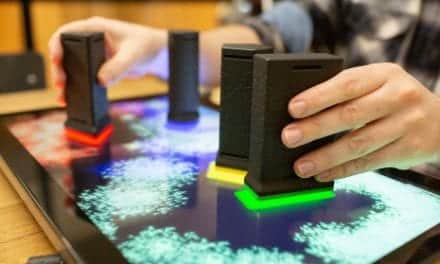Scientists at the University of Bristol in the United Kingdom are conducting what is called the FREEHAB project to develop soft, wearable rehabilitative devices. Their aim is to help elderly and disabled people walk and move from sitting to a standing position in comfort and safety.
Led by University of Bristol Professor of Robotics Jonathan Rossiter, FREEHAB builds on discoveries from his previous Right Trousers project, which saw his team develop new soft materials that could be used like artificial muscles, notes a media release from the Engineering and Physical Sciences Research Council, which is funding the 3-year project.
“There are over 10.8 million disabled people living in the UK today. Nearly 6.5 million have mobility impairments. These numbers are growing as the median population age increases and age-related mobility issues due to conditions such as arthritis and stroke become more prevalent,” he says.
Rehabilitation is vital for patients, but according to Rossiter, outcomes are hampered by a lack of easy-to-use dynamic tools to help therapists accurately analyze mobility performance and devise effective programs; and as rehabilitation increasingly takes place in patients’ homes in the absence of a therapist, better ways to support in-home mobility and training are needed.
The materials from which the artificial muscles are made include 3D-printable electroactive gel materials, and soft but strong pneumatic chains that change shape when inflated and can exert considerable force, the release continues.
“Together with integrated sensing technology, we will make devices that physiotherapists can use to accurately pinpoint limitations in their patients’ movements, thus enabling them to plan personalized training programs.
“We will also make simpler devices that the patient can use to enhance their mobility activities and exercise with confidence when a therapist is not with them,” he adds.
To develop the project, the researchers will work with physiotherapists in the NHS and private practice, and with people who have undergone physiotherapy for their mobility problems.
Following research and development, the aim is to conduct clinical trials and then bring the devices into the supply chain once the project is over, per the release.
[Source(s): University of Bristol, EurekAlert]





